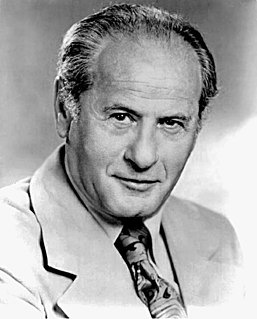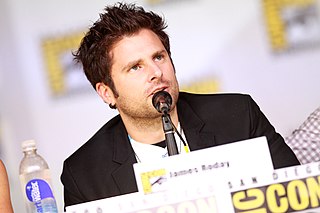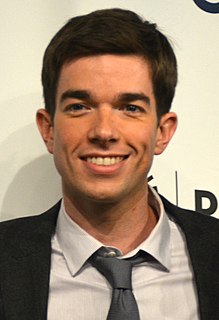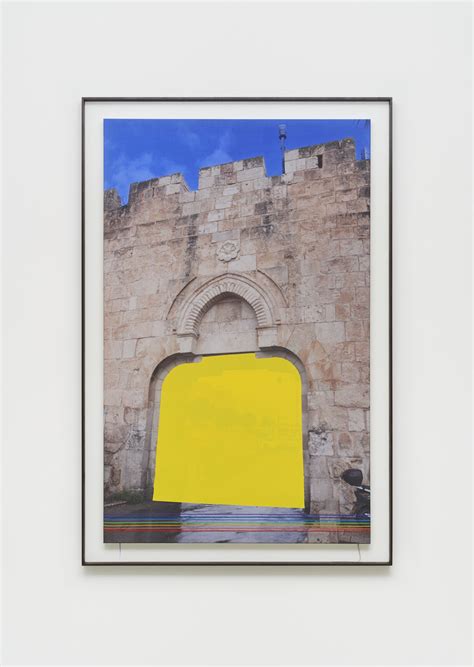A Quote by Thomas Flatman
Sit the comedy out, and that done, when the Play's at an end, let the Curtain fall down.
Related Quotes
It's all a play. Hiroshima and Nagasaki happen, there are hundreds of thousands of dead, and the curtain comes down, and that's the end of that. Then Korea happens. Vietnam happens, all that happened in Latin America happens. And every now and then, this curtain comes down and history begins anew. New moralities and new indignations are manufactured...in a disappeared history.
What we really have to do is take a day and sit down and think. The world is not going to end or fall apart. Jobs won't be lost. Kids will not run crazy in one day. Lovers won't stop speaking to you. Husbands and wives are not going to disappear. Just take that one day and think. Don't read. Don't write. No television, no radio, no distractions. Sit down and think. . . . Go sit in a church, or in the park, or take a long walk and think. Call it a healing day.
There's always advantages and disadvantages to doing any role. And there's a great sense of achievement, testosterone, fun, being able to live out your masculinity when you play an action role, or an action-adventure, or a real tough-guy role. Really, if you're doing a comedy, you can sit back and relax. And it's good to know that at the end of the day, you don't have to run off for another two hours and go to the gym, or go spend the rest of the night swordplaying with stunt guys. Then I think, "Oh my God, I love comedy.".
A couple years ago, I felt like I was in a dead end, and I kept asking myself, "How do you get out of a dead end?" People would say the answer is, "You just turn around." But that was not the answer that I was going to accept. I realized, for me, that getting out of a dead end was literally the world turning upside down, and I had to fall out of the dead end. So you have to surrender, so I've really learned how to surrender, practice unconditional love. With my art, I've always put out things I love.




































